Ever since it’s arrival, our Imperfect Virgin Olive Oil has been one of our most popular products. Have you ever wondered what makes it “imperfect?” How can olives be ugly, anyway? Like many questions in agriculture, the answer is 50% simple, 50% complicated, and 110% fascinating! We recently traveled to Sanger, a small city outside of Fresno, California to learn more about what it takes to grow olives and make olive oil.
The Mesrobians are an Armenian immigrant family that’s been farming in the Central Valley since the 1940s. They learned to farm by watching and talking with their neighbors. One of the first and most enduring lessons they learned was that, in farming, timing is everything. Every fall, olive growers like the Mesrobians face hard decisions about when to pick their crop. If they pick early, their olives will have more flavor but less oil. If they wait to pick, the olives will produce more oil but have less flavor.
It’s a delicate balance every season, and flavor isn’t the only thing at risk. Waiting to pick is also a financial gamble: the longer the wait, the riper the olives, and the more lucrative the potential harvest. However, waiting to pick until late November or December also means a greater risk of frosty nights and losing some olives to the cold. It’s a gamble between safety and profitability, and every year is different.
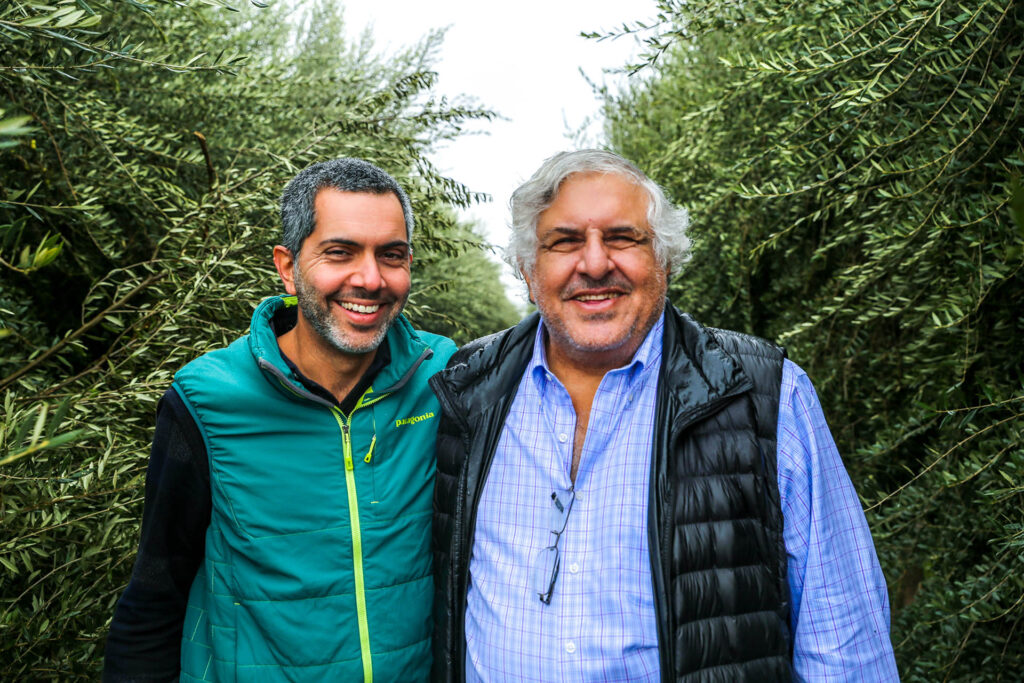
Cold and frost damage olives by drying them out, which lowers their oil yield and also changes the flavor of the oil. This makes it very hard to get the prestigious EVOO certification and therefore top dollar for their oil. To be certified as Extra Virgin, olive oil must first pass a series of chemical tests. These tests verify that its acidity is low enough to be EVOO. Essentially, as oil degrades, some of it breaks down into oleic acid, so the less acid is present in the oil, the purer and fresher it is. To be EVOO, an oil can’t have more than 1% oleic acid.
Even if the acidity is low enough, the tests aren’t over. The oil then must pass a sensory panel from a team of professional olive oil tasters (what a job!). They will then verify it has the right characteristics to be certified EVOO. Characteristics include a green color, fruity flavor, and bright, peppery finish. When the olive harvest has some frost-damaged olives in the mix, the resulting oil will almost certainly fail the rigorous tests.
This presents problems for olive growers. A grower like Mesrobian must pick all of their olives, including the frost-damaged ones, for the health of the tree. Leaving olives on the tree causes them to ruin the crop next year. They become what Darren Mesrobian calls “fossilized olive mummies”. Yet having olives with frost-damage in with normal ones has serious consequences for the prospects of the olive oil, since they make it impossible to market as Extra Virgin Olive Oil—the most profitable type of oil to sell due to popular consumer demand.
Instead of losing money and the very character of their olives by selling to a processor, olive growers can sell their not-quite-Extra Virgin oil to be enjoyed for the unique and valuable ingredient that it is.
Olive oil that misses the cut for Extra Virgin is remarkably hard to sell. One of the only options used to be to sell to a processor to refine it into “light” olive oil. A processor will usually pay about half of what the grower could get for their oil from a retailer. Also, the refining process relies on chemical solvents that destroy the nutritional value and flavor of the olive oil that made it so special in the first place.
This is where Imperfect comes in. Instead of losing money and the very character of their olives by selling to a processor, olive growers can sell their not-quite-Extra Virgin olive oil to be enjoyed for the unique and valuable ingredient that it is. Virgin oil has the same nutrients as EVOO and is very versatile in the kitchen. So it’s certainly an underappreciated ingredient as far as cooking oils come. We’re happy to offer growers a better price for their frost-kissed olive oil. And our customers get the chance to enjoy the flavorful and nutritious fruits of their labor.
One of the biggest takeaways of our visit was that olive farming is hard and unforgiving work. Moreover, olives aren’t nearly as profitable as other cash crops grown around Fresno like almonds, pistachios, and Mandarin oranges. To keep farming families like the Mesrobians around, we need to find ways to make this work sustainable. Our Imperfect olive oil is one of many ways we’re eliminating food waste and building a better food system for everyone.
Darren and John Mesrobian, the father-son duo behind our Imperfect olive oil! Their family has been farming in the Central Valley since the 1940s.
Recipes
Here are a few of our favorite recipes that incorporate our Imperfect Olive Oil:
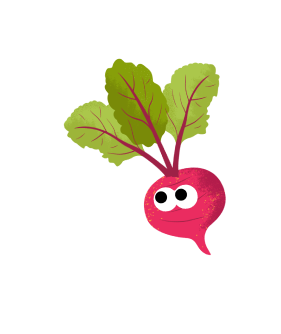
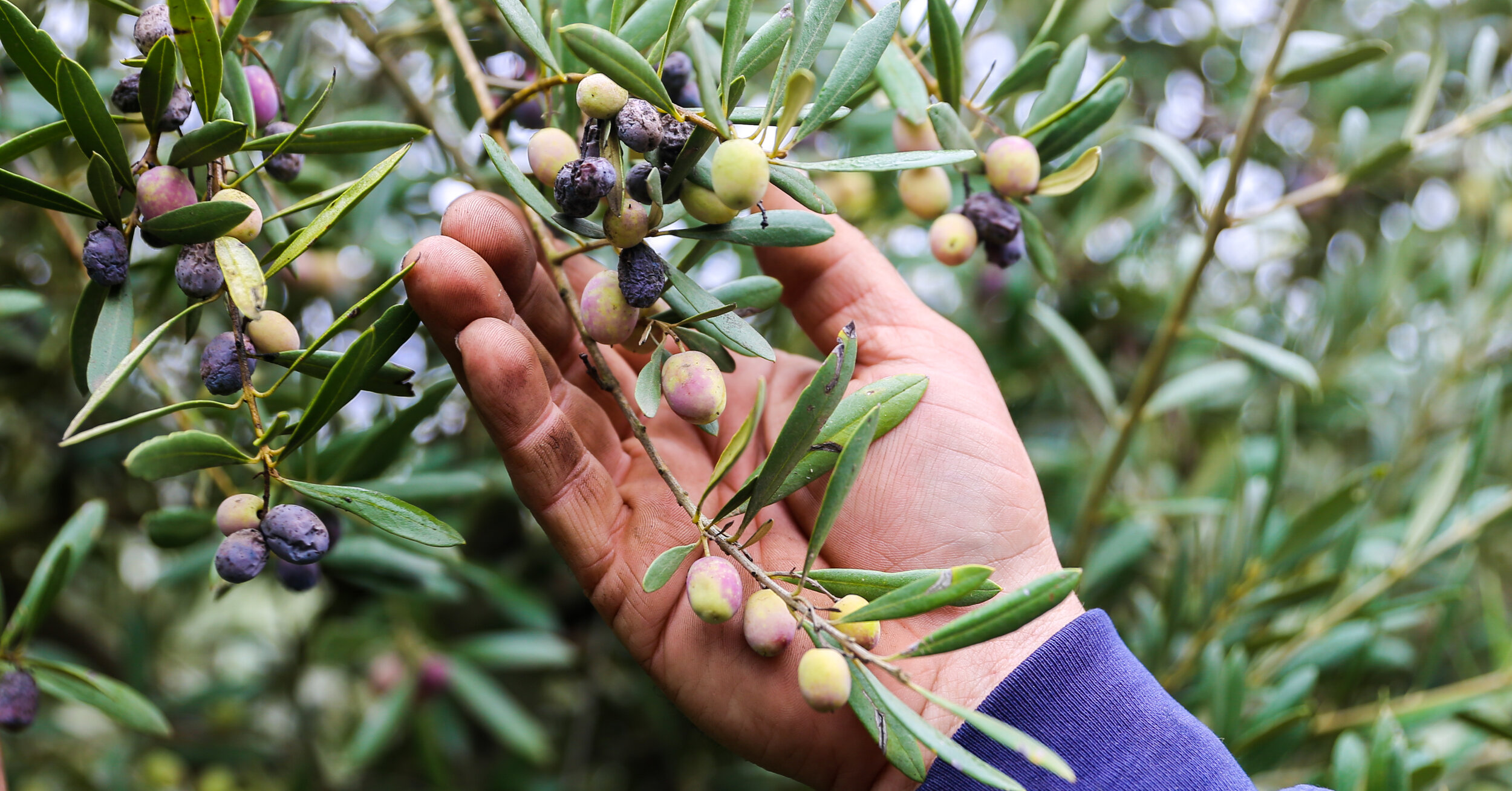


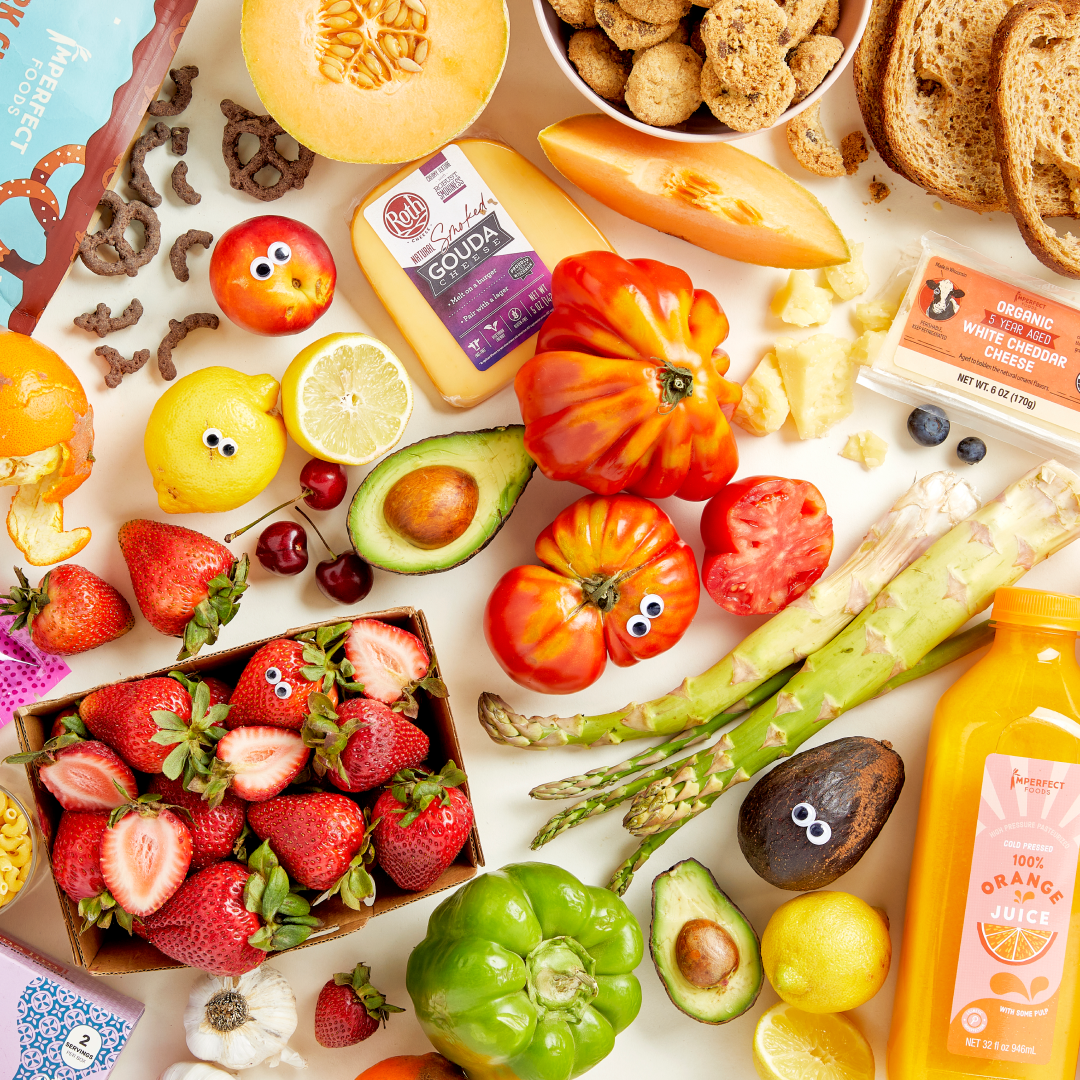
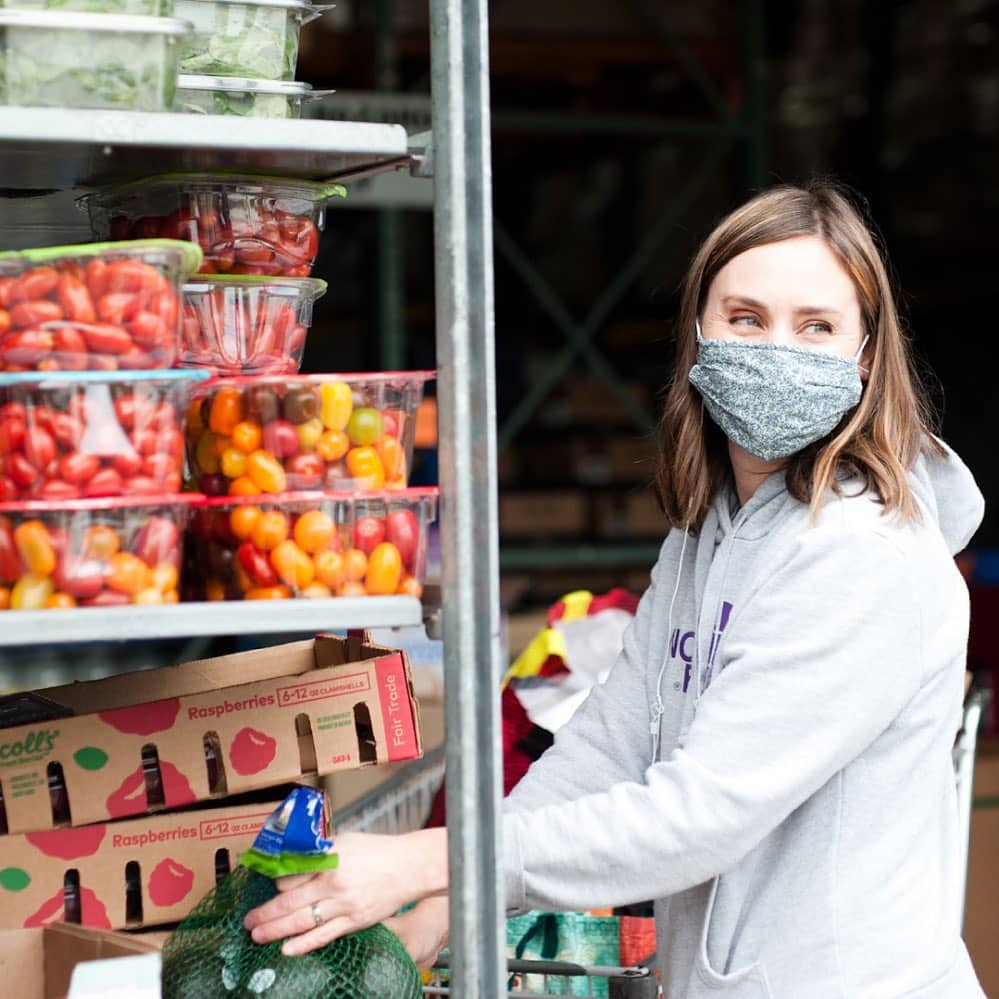
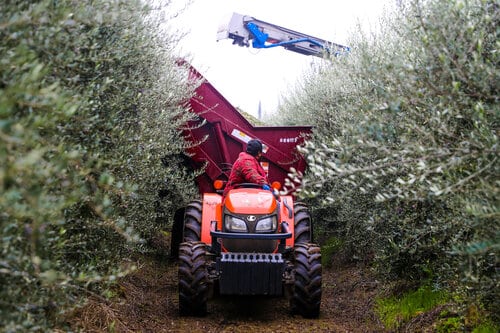
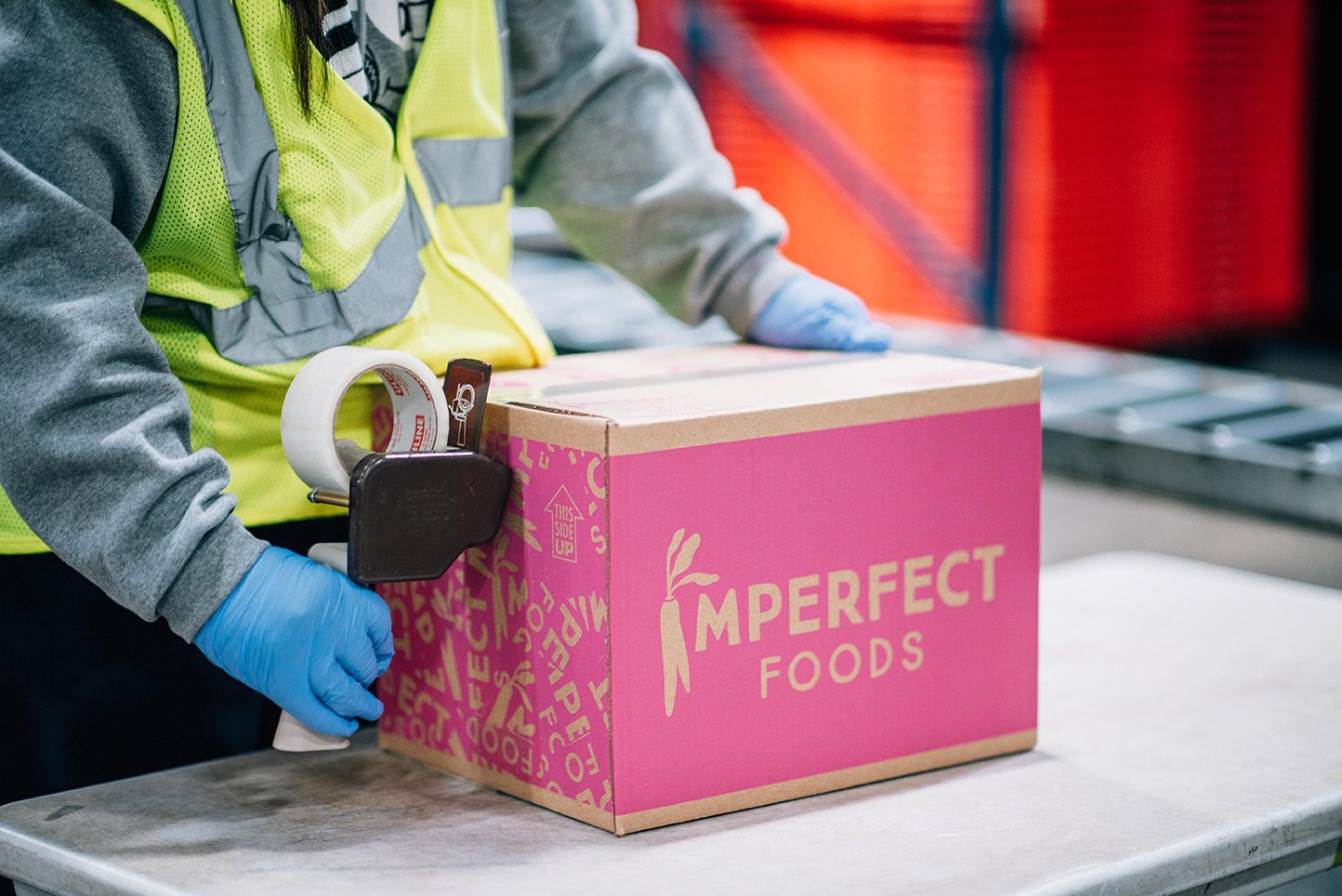
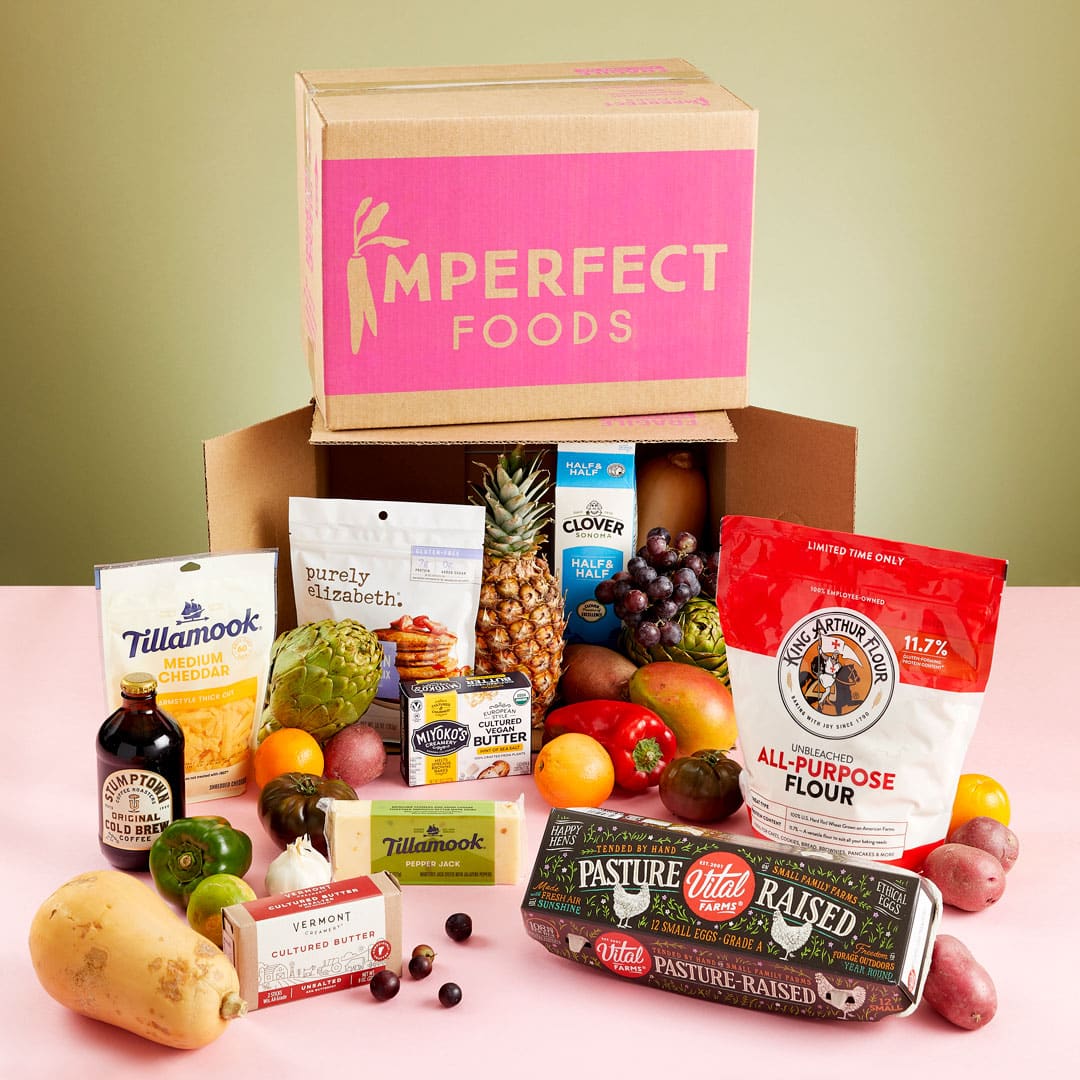

[…] olive oil: Olives that experience frost during the growing season yield oil that misses the strict requirements to be sold as Extra Virgin […]